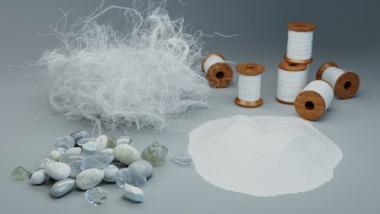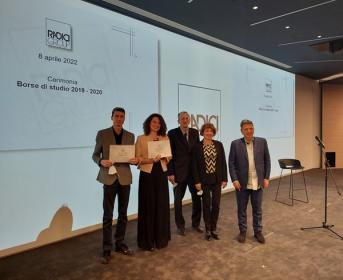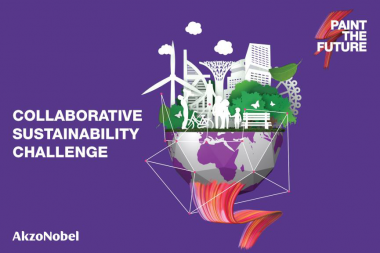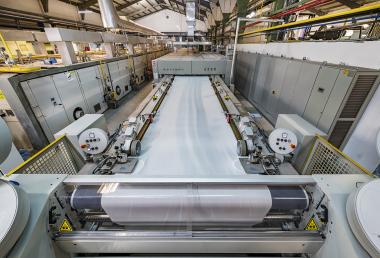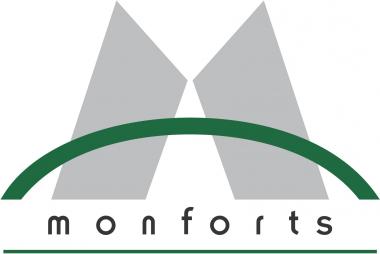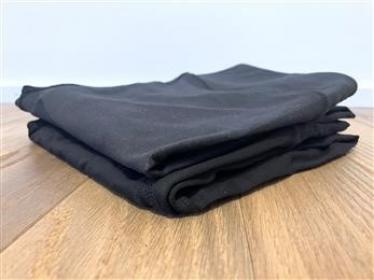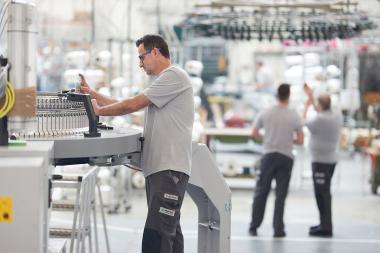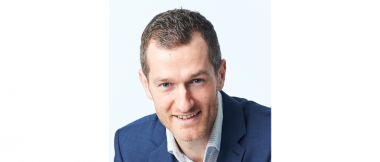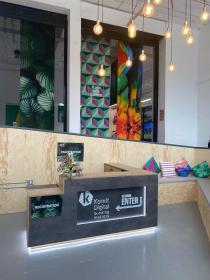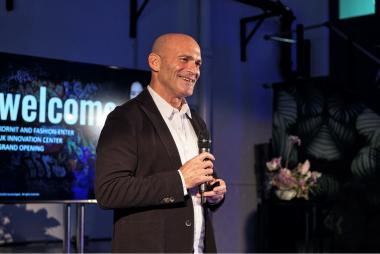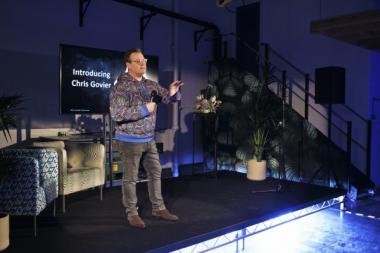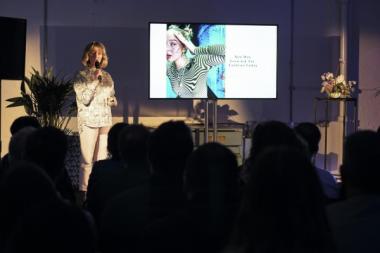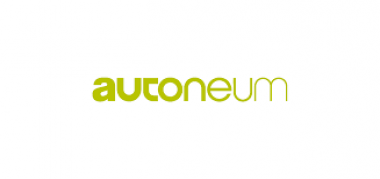Hologenix® receives recognition for pure white CELLIANT
Hologenix® announces that its newest innovation has achieved two recognitions. In addition to being a Top Ten winner in the Fibers & Insulation Category of ISPO Textrends Fall/Winter 2023/24, pure white CELLIANT has been shortlisted in the Drapers Sustainable Fashion 2022 Awards. The company is sharing the spotlight with recognized brands such as H&M, Sweaty Betty and Timberland. According to Drapers, the leading authority on fashion retailing in the UK since 1887, which sponsors these awards annually, this year they received the most entries ever, making them very competitive.
To create pure white CELLIANT rPET fiber, Hologenix developed a strategic partnership with the Ireland-based Wellman International Limited, a fully owned subsidiary of Indorama Ventures. Indorama Ventures is investing $1.5 billion on sustainability initiatives, allowing them to recycle 50 billion PET bottles globally by 2025 to support the growth of the circular economy. Wellman International has been a pioneer of recycling technologies for almost 50 years, offering specialist solutions for the medical, hygiene, automotive, home care and apparel sectors.
Pure white CELLIANT rPET fiber is sustainably manufactured, with a low-impact supply chain. It is achieved by embedding bioceramic materials, that are naturally derived and ethically sourced, into fibers, yarns and fabrics. Wellman International has converted 100% of pure white CELLIANT Polyester production into rPET. This conversion to rPET has been implemented across all CELLIANT product categories, replacing traditional polyester and dramatically enhancing CELLIANT’s sustainability initiatives.
Pure white CELLIANT is recognized as a Class 1 medical device in the European Union and is able to carry the CE mark. Like CELLIANT, pure white CELLIANT captures and converts body heat into infrared energy, powering bio-responsive textiles. This energy is reflected back to the body, resulting in increased local circulation and cellular oxygenation. These advantages have a variety of wellness benefits, including stronger performance, faster recovery and better sleep, as well as many functional properties such as thermoregulation, quick-dry properties and odor inhibition.
Wellman International distributes pure white CELLIANT fibers across Europe, the Middle East, Africa, Asia and the USA.
Hologenix, LLC / Sarah P. Fletcher Communications


